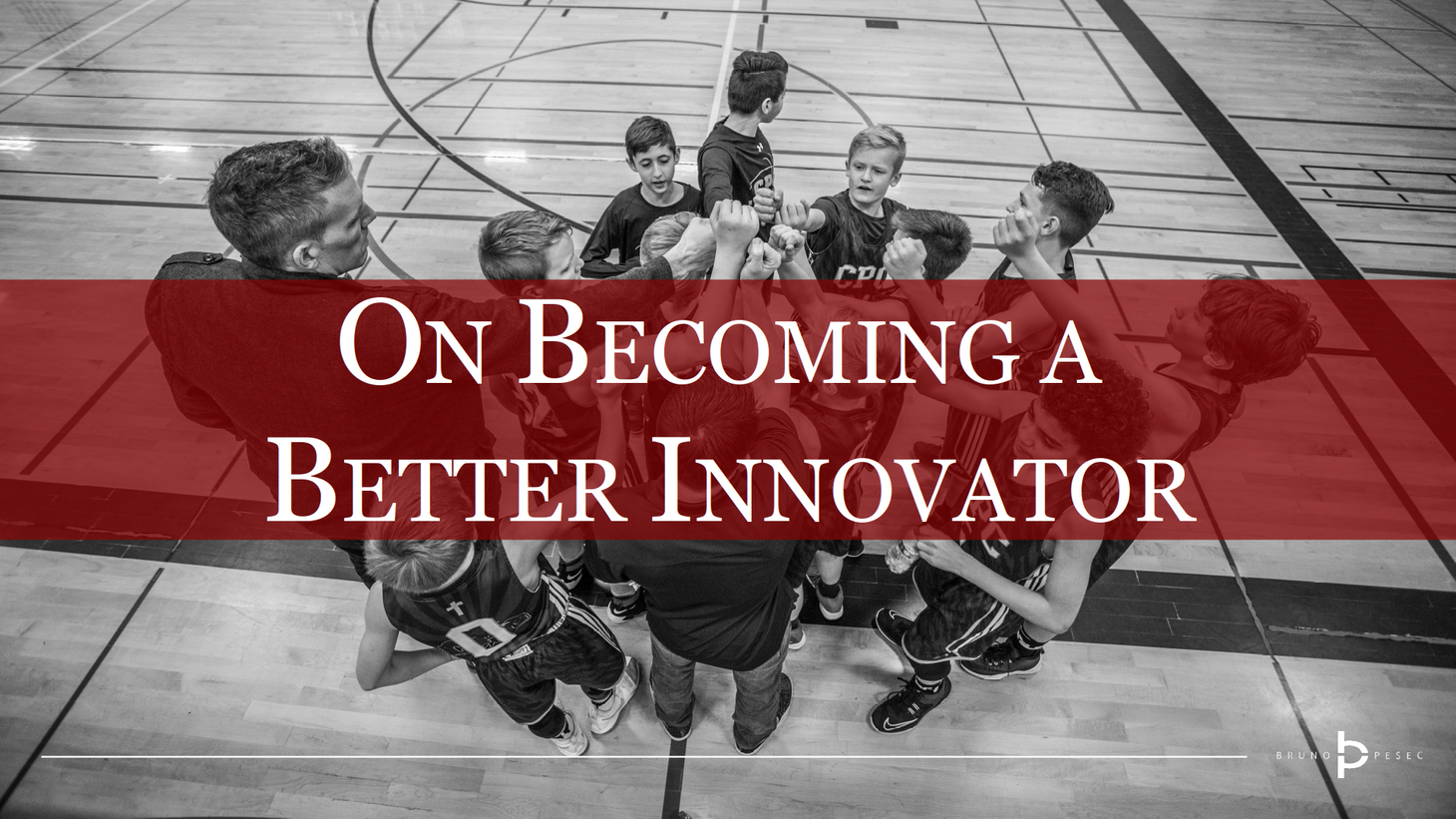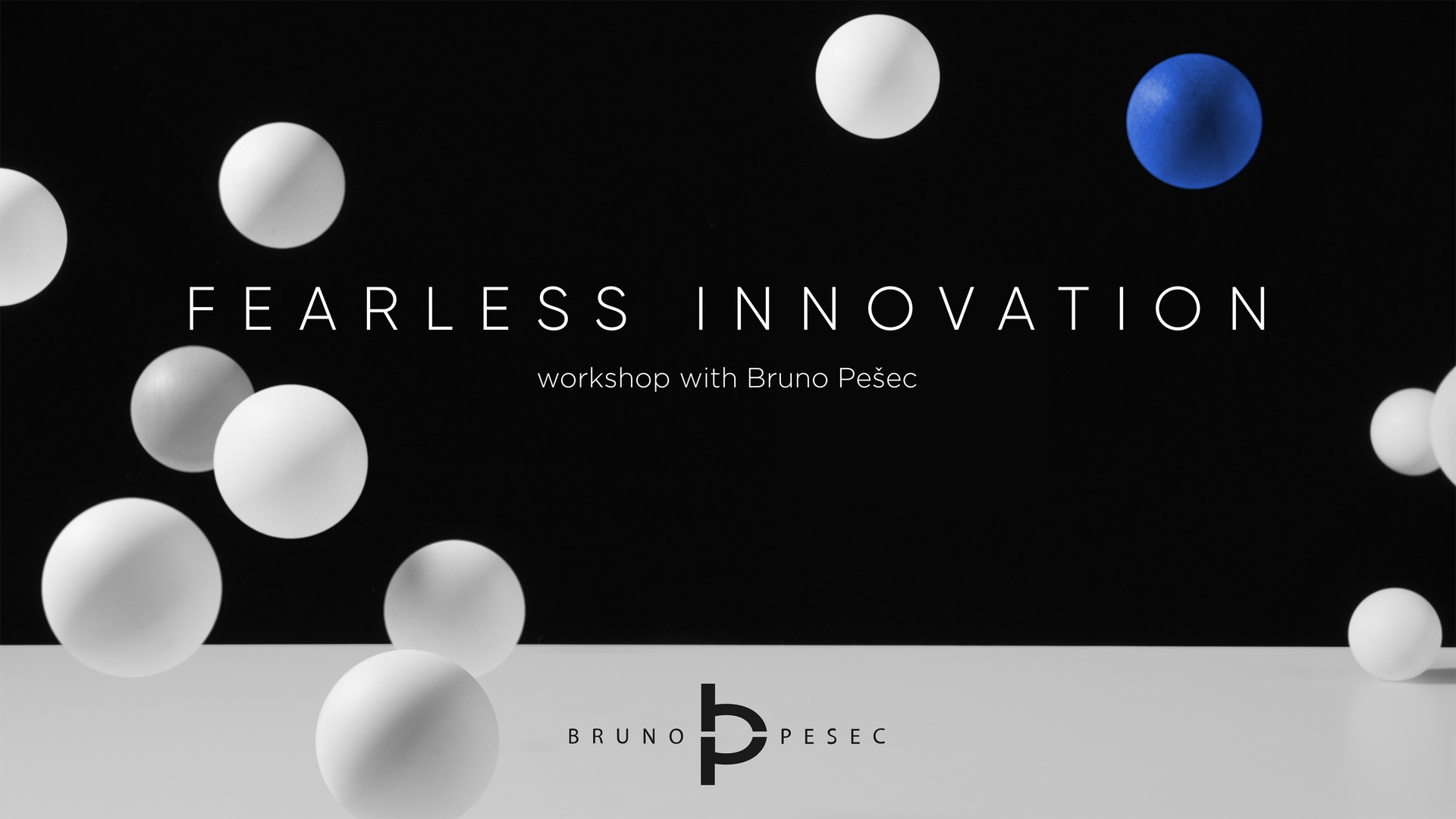On becoming a better innovator
Two critical areas of improvement.

A grand reveal—there are no shortcuts and you'll have to put in the work. I've already written about how you cannot buy your way to "becoming more innovative," but you can invest in better resources and professional support to get there faster.
I've been practising martial arts for more than 25 years. I know that I wouldn't be even as half as good if I haven't had the teachers I had. Being taught and corrected by some of the best in the world has allowed me develop much further than I could've expected if I was left to my own devices. And even though I became an instructor myself, my learning journey is far from over.
When people ask me how could they become better innovators, I tell them they need to consider two areas of improvement:
- business and industry acumen, and
- innovation processes.
In the first case it is about gaining experience and deep understanding of a specific industry, with specific customers, products and services. In the second case it is about methodologies, facilitation processes, and transforming ideas into businesses. I strongly believe that excellent innovator should be well versed in both.
At any given moment there are at least hundred things you could improve in your own business—and some of them ought to be a promising opportunities for innovation. That's why I keep stressing that immersion in your own work is more important than specific innovation methodologies. If anything, insisting on blindly following any methodology is more likely to backfire, than produce results you desire.
Where does that leave you? Advice I most commonly give is as follows:
- Remain curious about your own work. Try to learn more about your own business, how does it work and why are things done the way they are; try to learn as much as possible about your customers and why they keep using your products and services; try to learn as much as possible about the communities and environments your business is a part of... Write your thoughts, observation, and ideas in a notebook. Revisit it regularly to get inspired.
- Invest in developing skills in various innovation methodologies you find relevant. When parents ask me to recommend a martial art for their child, I tell them to pick the teacher, not art. Same applies here. Seek professionals that have an actual track record, have innovated in several industries, and know how to coach you. Ideally, they should be well versed in multiple methodologies and be rather pragmatic in their approach.
The bottom line is that everyone can improve their innovation capabilities, as long as they are willing to put in the work. If you'd like to learn more practical ways to increase your innovativeness—as well as multiple ways to to think and act on innovation—join the workshop I'm organising on November 26th:

Bruno Unfiltered
Subscribe to get the latest posts delivered right to your inbox. No spam. Only Bruno.





